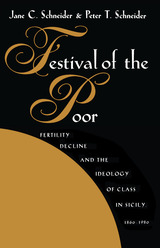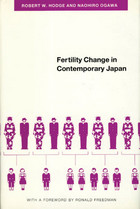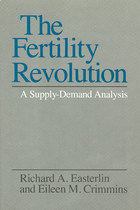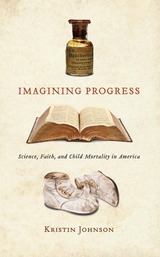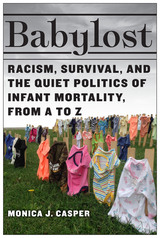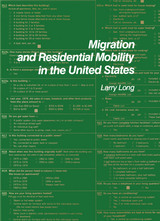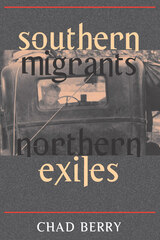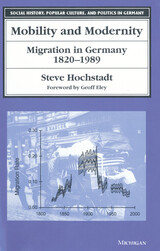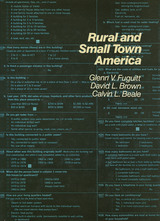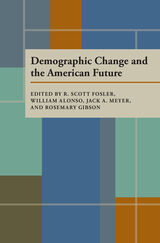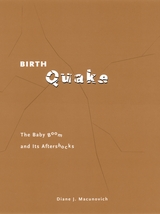Swing Low, Sweet Chariot: The Mortality Cost of Colonizing Liberia in the Nineteenth Century
University of Chicago Press, 1995
Cloth: 978-0-226-55724-3
Library of Congress Classification HB1497.2.A3M35 1995
Dewey Decimal Classification 305.89607306662
Cloth: 978-0-226-55724-3
Library of Congress Classification HB1497.2.A3M35 1995
Dewey Decimal Classification 305.89607306662
ABOUT THIS BOOK | TOC
ABOUT THIS BOOK
In the early nineteenth century, thousands of emancipated and freeborn blacks from the United States returned to Africa to colonize the area now known as Liberia. In this, the first systematic study of the demographic impact of this move on the migrants, Antonio McDaniel finds that the health of migrant populations depends on the adaptability of the individuals in the group, not on their race.
McDaniel compares the mortality rates of the emigrants to those of other migrants to tropical areas. He finds that, contrary to popular belief, black immigrants during this period died at unprecedented rates. Moreover, he shows that though the emigrant's mortality levels were exceptionally high, their mortality patterns were consistent with those of other populations.
McDaniel concludes that the greater the variance between the environment left and the environment entered, the higher the probability of contracting a new disease, and, in some cases, of death from these diseases. Additionally, a migrant's health can be affected by dietary changes, differences in local pathogens, inappropriate immunities, and increased risk of accidents due to unfamiliar surroundings.
McDaniel compares the mortality rates of the emigrants to those of other migrants to tropical areas. He finds that, contrary to popular belief, black immigrants during this period died at unprecedented rates. Moreover, he shows that though the emigrant's mortality levels were exceptionally high, their mortality patterns were consistent with those of other populations.
McDaniel concludes that the greater the variance between the environment left and the environment entered, the higher the probability of contracting a new disease, and, in some cases, of death from these diseases. Additionally, a migrant's health can be affected by dietary changes, differences in local pathogens, inappropriate immunities, and increased risk of accidents due to unfamiliar surroundings.
See other books on: Cultural & Regional | Immigrants | Liberia | Mortality | Nineteenth Century
See other titles from University of Chicago Press




